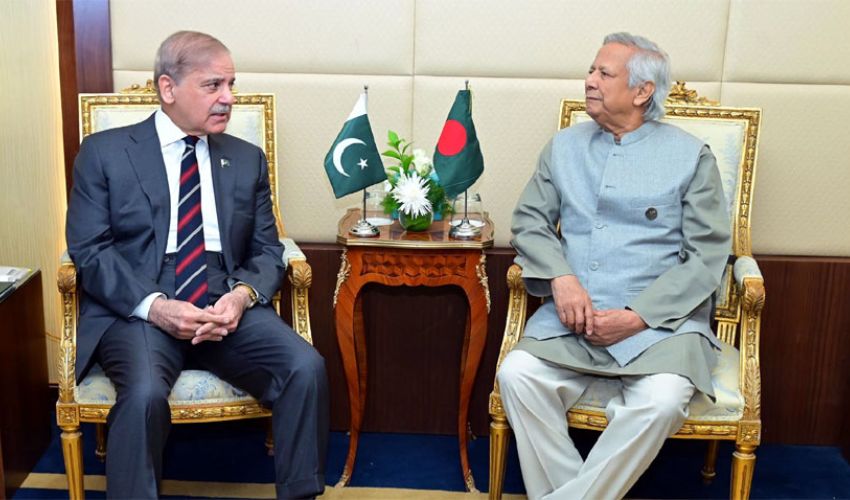Punjab and Sindh governments had opposed Prime Minister Anwaarul Haq Kakar-led caretaker administration's 2023 decision to import wheat via the private sector, as revealed by Samaa TV's detailed report.
According to details, in the second meeting of the National Food Security and Research Department on December 29, 2023, chaired by the Minister of National Food Security and Research, it was disclosed that wheat cultivation spanned 22.14 million acres nationwide.
The current wheat stock is at 2 million metric tons, with a shortfall of 40.2 million metric tons. Despite federal permission to import 1 million metric tonnes, objections were raised by the Food Secretaries of Punjab and Sindh.
Secretary Sindh noted a decline in wheat prices from Rs4600 to Rs4400 per maund due to imports, while Secretary Punjab sought to evaluate the situation post-Ramadan package.
On March 25, 2024, Punjab's Food Secretary requested the halt of wheat imports, citing an expected surplus in production.
During a March 28, 2024 meeting in Islamabad, the Federal Finance Minister criticized the $900 million private sector wheat import, deeming it a strain on forex reserves. Additionally, concerns were raised about a Russian vessel offloading wheat without permission.
Secretary Punjab reiterated objections in a February 27, 2024 meeting, highlighting a surplus of 2 million metric tonnes and impending harvesting. These events underscore the ongoing debate over wheat imports amidst domestic production and economic concerns.
Kissan Ittehad announces nationwide protests
Earlier, Kissan Ittehad declared on Sunday nationwide protests from May 10 in response to the government's failure to purchase wheat from farmers.
Speaking at a press conference in Multan, Pakistan Kissan Ittehad Chairman Khalid Mahmood Khokhar lamented the dire situation faced by farmers, stressing that the absence of government procurement has left them with no choice but to take to the streets.
Khokhar outlined the protest plan, stating that it would kick off with symbolic funeral prayers for agriculture, followed by a march to Lahore, gathering farmers from across the country. Tractors and livestock will accompany the protesting farmers, underscoring the widespread impact of the crisis.
Highlighting the financial losses incurred by farmers, Khokhar revealed that the community has suffered a staggering Rs. 400 billion hit due to low wheat prices.
He bashed the government's decision to prioritise wheat importers over local farmers, accusing them of sacrificing the interests of the agricultural sector.
Expressing concern over the outflow of foreign exchange, Khokhar pointed out that the country lost $1 billion due to the government's inaction on wheat procurement.
Moreover, he criticized the exorbitant prices of urea fertilizer, stressing that farmers are forced to pay inflated rates or resort to the black market for essential agricultural inputs.
Khokhar vehemently condemned the neglect faced by farmers, asserting that those responsible for their financial distress should be held accountable.
Ready to cooperate over wheat import issue: Kakar
Former caretaker prime minister Anwarul Haq Kakar expressed on Sunday his willingness to cooperate with any investigation committee regarding the alleged irregularities in wheat import during his tenure.
Speaking to a private TV channel, Kakar reiterated that his government's decision to abstain from wheat import and leave it to the private sector was in the best interest of Pakistan.
Kakar clarified that the issue of excess wheat import was marginal, ranging from 3 to 3.5 tons, and refuted any allegations of corruption or malpractice during his time in office.
Former caretaker premier that his administration's priority was to safeguard the financial resources of Pakistan, hence the decision to refrain from government-led wheat imports.
Responding to the accusations labelling them as "thieves," Kakar asserted his readiness to assist any official investigation if formally called upon.
His statement comes amidst mounting pressure on the government regarding the wheat shortage crisis, with farmers gearing up for protests slated to commence from May 10 due to the government's failure to purchase wheat from them.



























